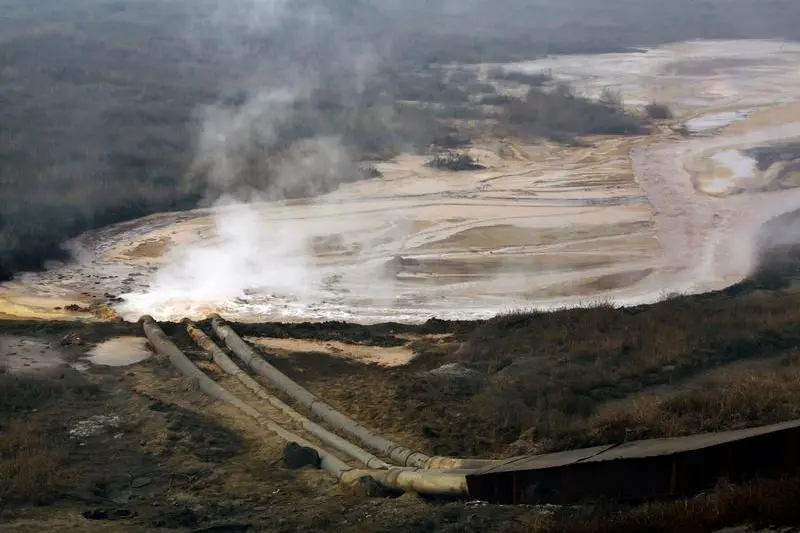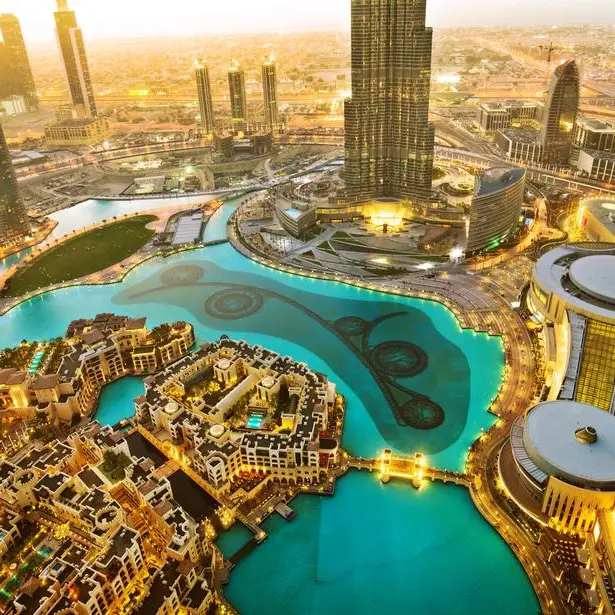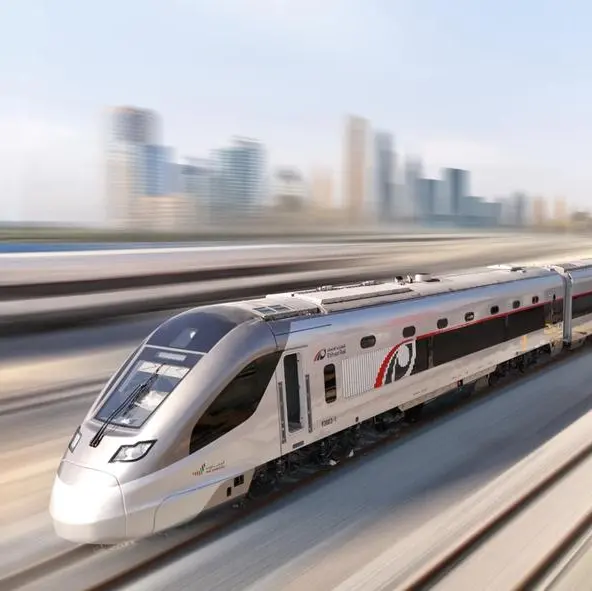PHOTO
China on Friday hiked its rare earth output quotas for the first half of the year by more than 27% to record levels, potentially easing concerns of supply shortages after a spike in prices.
China is the world's dominant producer of rare earths, a group of 17 minerals used in electric vehicles (EVs), consumer electronics and military equipment.
The rare earth mining output quota for the first half of 2021, to be shared among six major producers, has been set at 84,000 tonnes, a joint statement from China's Ministry of Industry and Information Technology (MIIT) and the Ministry of Natural Resources said. That is up 27.2% from a year earlier.
The total quota for rare earth smelting and separation - or the processing of ore into material used by manufacturers - has been set at 81,000 tonnes, up 27.6% from the first half of 2020.
David Merriman, a manager at consultancy Roskill, said the allowances were China's largest since half-year quotas were introduced.
The increase "is likely a future-proofing exercise ahead of expected strong demand growth from EV applications in 2021 and into 2022, which will require significant volumes of (rare earths) in permanent magnets," he said in an email.
Prices for magnet inputs such as praseodymium-neodymium (PrNd) oxide have reached multi-year highs on the back of strong demand and concerns Beijing will impose export controls.
The now improved availability is expected to "put downward pressure" on pricing in the short term, Merriman said, but added higher quotas do not guarantee higher production.
The Financial Times reported this week that China was exploring curbing exports of rare earths that are crucial to U.S. defence contractors.
The MIIT last month proposed tighter regulation of China's rare earth sector, including a stipulation that importers and exporters should abide by foreign trade and export control laws, but no official rare earth export curbs have been imposed.
The ministry also proposed setting up a mechanism under the State Council, China's cabinet, to study and decide on major policy issues in rare earths.
(Reporting by Tom Daly; editing by Jason Neely, Barbara Lewis and Jan Harvey) ((tom.daly@thomsonreuters.com; +86 10 5669 2119;))





















